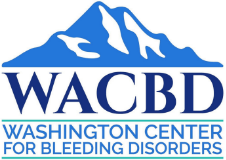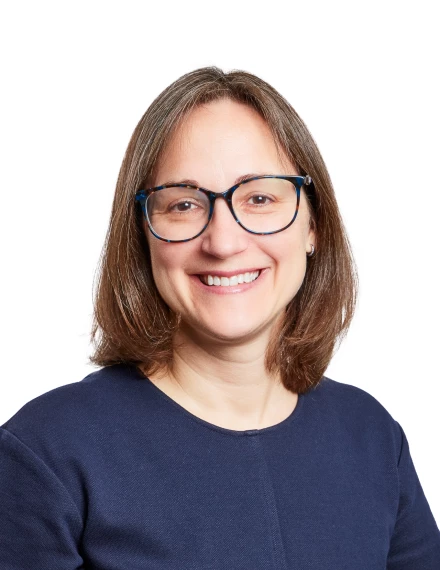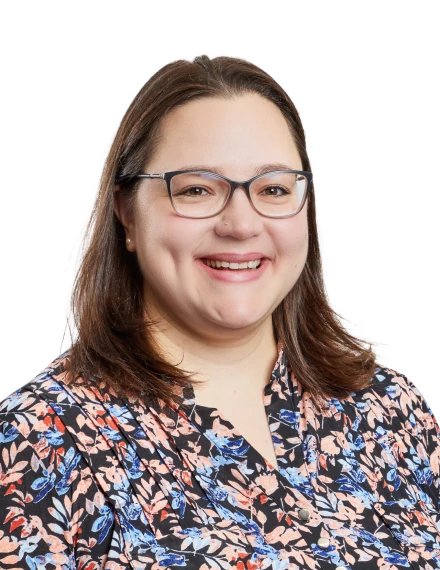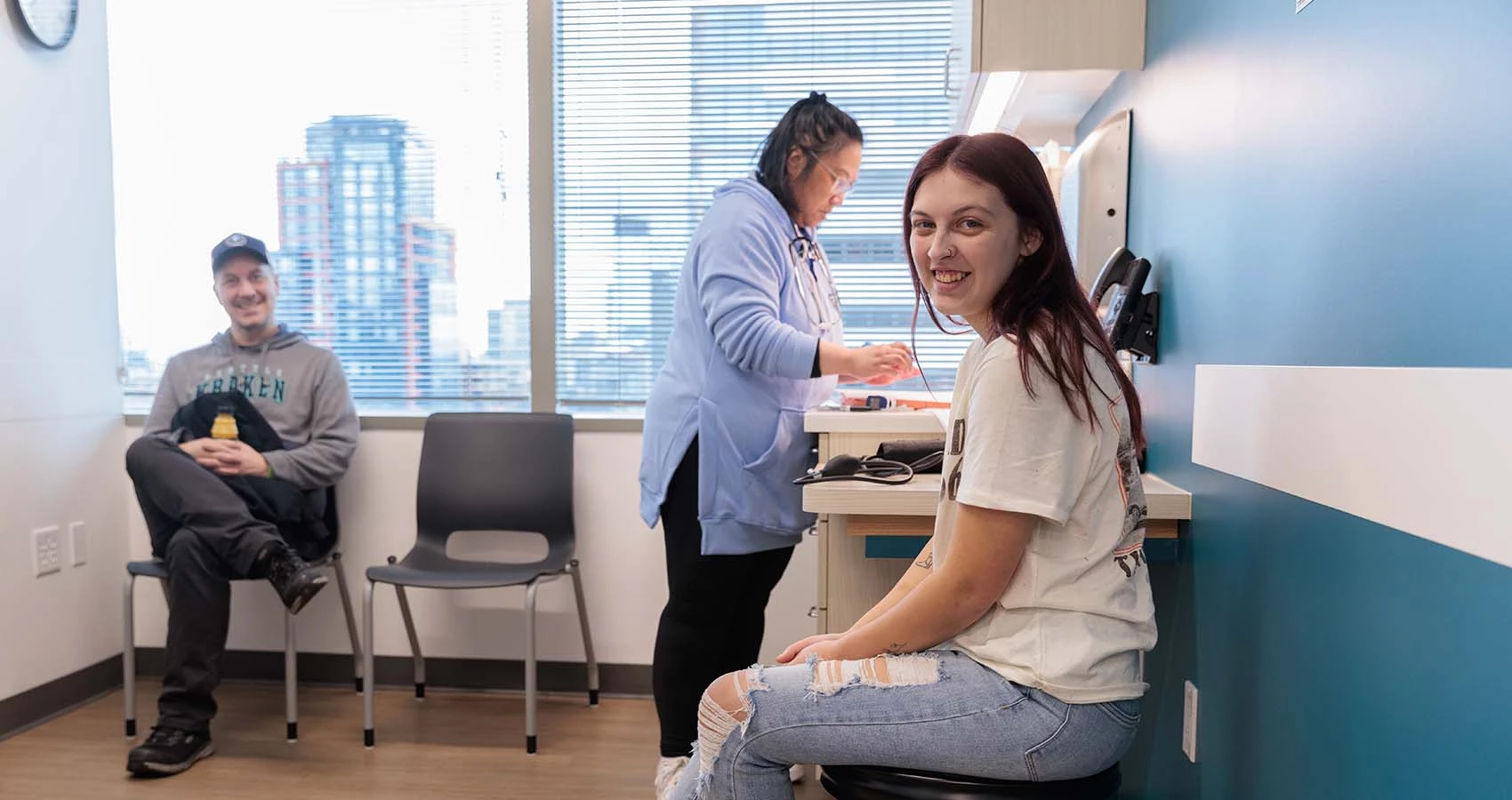At WACBD, our commitment to hematology clinical research goes hand in hand with our dedication to patient care. Every study we conduct, every partnership we form, and every discovery we make is driven by our ultimate goal: improving the lives of individuals affected by blood disorders.
Want to learn more about how WACBD makes a difference through research and community support? Visit our About Us or Contact Us to discover the many ways we're working to advance hematology care and research.















